The manager of a chain of Turkish schools in Georgia has been released from prison, but the fate of the schools remain unclear
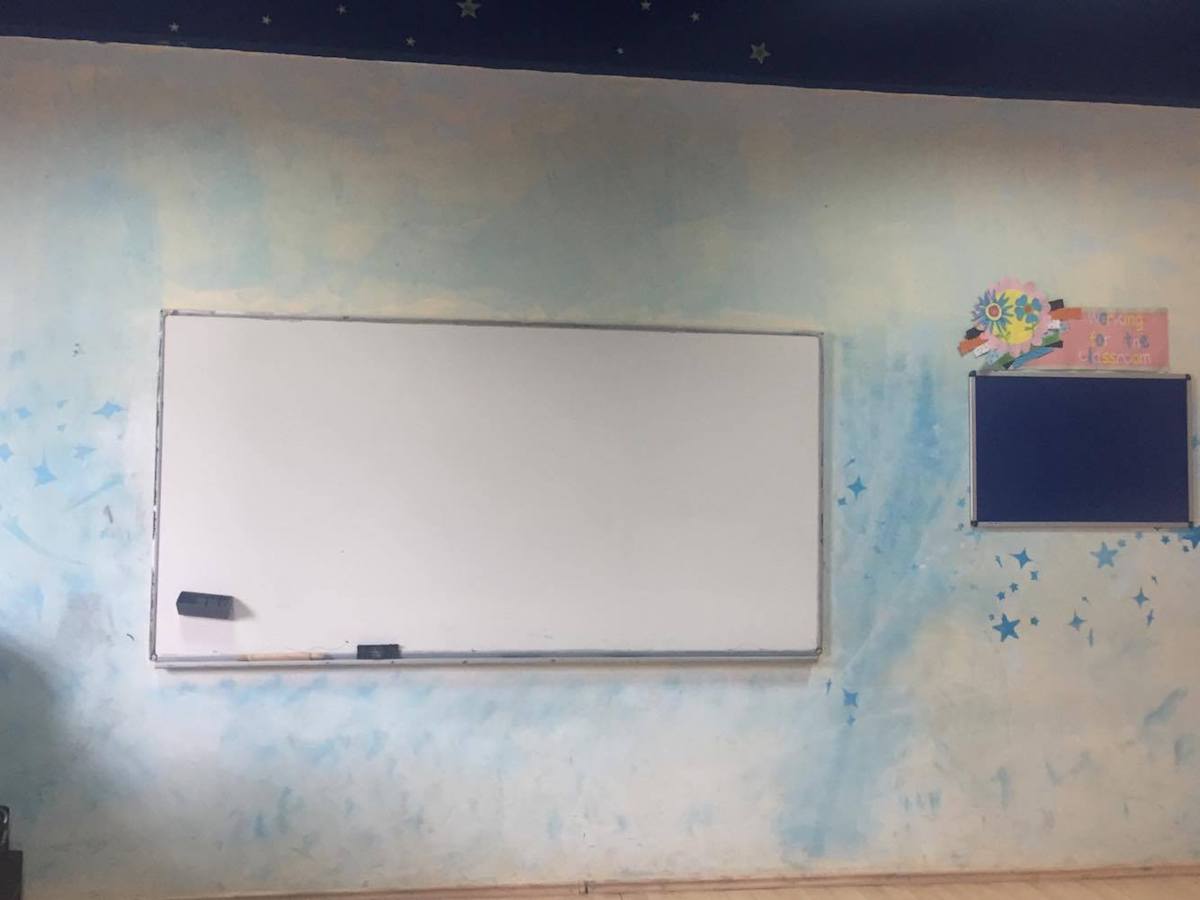
Tbilisi Municipal Court freed the head of Demirel College from pre-extradition from detention on 19 February 2018. Mustafa Emre Çabuk, a citizen of Turkey, spent ten months in prison. He was arrested by request of the Turkish government which accused him of ‘supporting terrorism’ and has demanded his extradition from Georgia.
However, it is still unknown what fate awaits the prestigious Turkish schools in Georgia which are a part of the Fethullah Gulen network. Gulen, a Turkish theologian who resides in exile in the United States is accused of organizing an attempted coup in Turkey in 2016.
The official reason for the closure of these schools has often been cited as administrative violations, however experts believe that Turkey is pressuring Georgia into closing them.
This article was published by JAMnews in October 2017, however, the situation with the Gulen-linked schools has still not changed.
Schools for “terrorists”
O
n 29 August 2017, two weeks before the start of the academic year, the National Center for the Development of Education Quality suspended the authorization of Demirel College, one of Georgia’s most prestigious private schools whose instruction language is Georgian and English. Over 360 pupils could not go to their schools and were forced to switch to other educational institutions.
Maya Arziani used to attend Demirel but is now studying at another private school. She says that, just like for her classmates, it was very hard for her to get used to a new school:
“Demirel College wasn’t just a school for me. It was a family with a very friendly and warm atmosphere … It was very difficult to leave that atmosphere. It’s hard to change schools anyway, but especially when it’s not of your own free will.”
The school whose students have always been part of the Georgian national team at international Olympiads for many subjects and who have won 5 of the 14 medals awarded to Georgian students this year, has been closed.
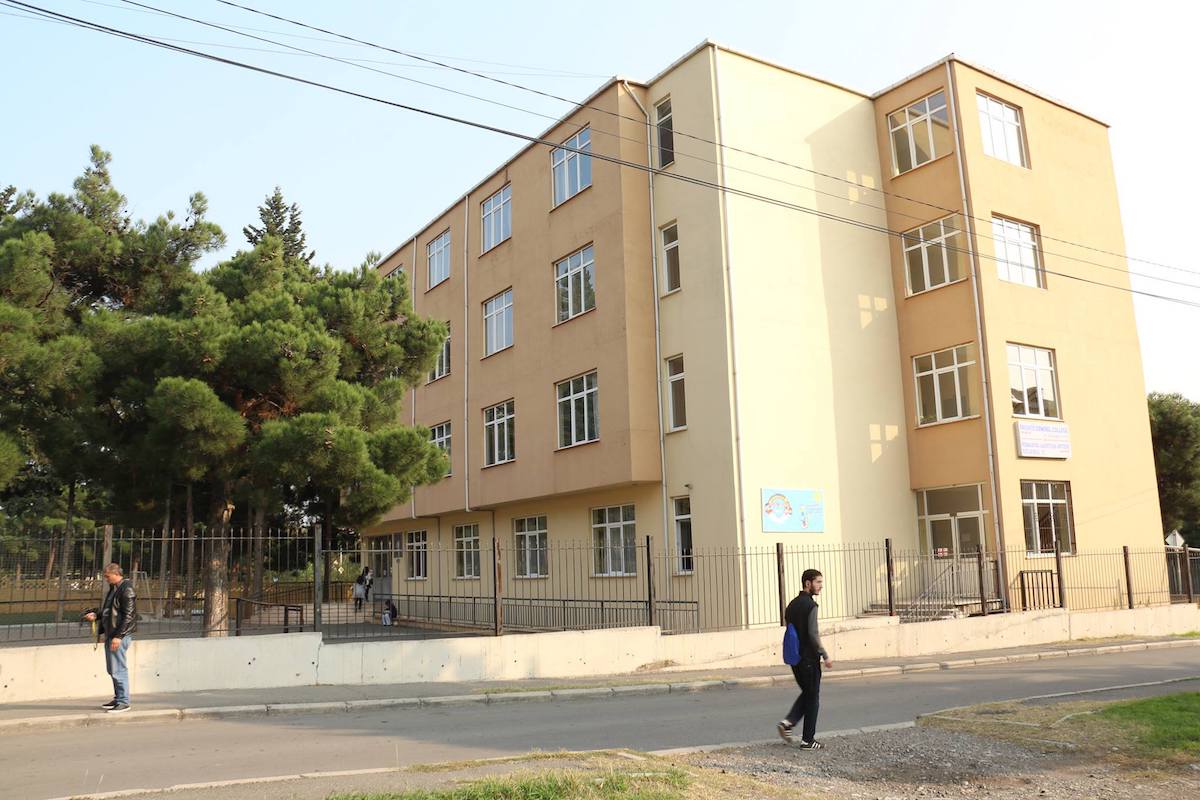
In February 2017, authorization to operate was suspended for another prestigious school and partner of Demirel College, the Shakhin School-Lyceum in Batumi. According to information from the supervisory authority the school where 350 children were studying, had violated rules for enrolling students.
Both schools are part of the Çhaglar Educational Unit, which is associated with the “Hizmet” movement that arose around the ideas of Turkish writer and dissident Fethullah Gülen, who has been accused by Turkish authorities of attempting a coup d’état.
Some members of the public immediately suspected that the matter was not because of violations, but rather fulfilling the demands of the Turkish authorities. Moreover, before the Shakhin School was closed, the Consul General of Turkey in Batumi, Yasin Temizkan stated that Gülen supporters in schools educate generations who don’t serve the state, but terrorist groups. He advised residents of Adjara not to send their children to the Shakhin School.
Schools connected with Gülen’s name were discussed during Georgian Prime Minister Giorgi Kvirikashvili’s visit to Turkey in July 2016. According to Radio Liberty, the head of the Parliamentary Foreign Affairs Committee, Tedo Japaridze, stated at the time that Georgian authorities promised Turkey to ‘closely monitor’ these schools. However, according to him, Turkey did not demand that they be closed.
A
fter the attempted military coup in Turkey on 15 July 2016, Fethullah Gülen, a writer, former imam and former ally of Turkish President Erdogan who now lives in the US, was accused of attempting to overthrow the government and was declared the number one enemy of the state. The persecution of his supporters happened en masse in Turkey and spread to other countries.
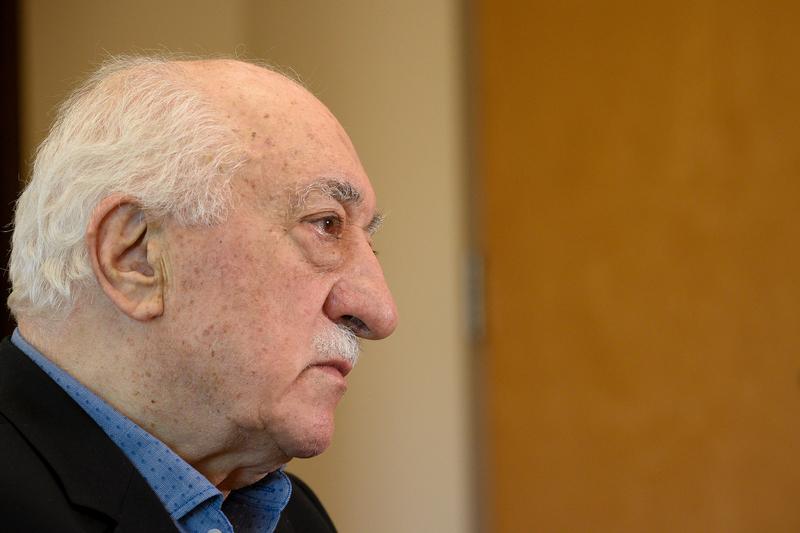
After the failed coup, more than 50 000 people were arrested in Turkey and over 150 000 were dismissed from their jobs, including teachers, with many having been forbidden to leave the country.
In Georgia, there are six other educational institutions in the network of educational institutions associated with Gülen, including the International Black Sea University, and several lyceums in different regions.
An attack on the college
S
chool leadership said that problems at Demirel College began long before its authorization was suspended.
First, it was impossible to agree on the price of the lease with the Ministry of Economics, and one year ago the college had to move out of its building in the Ortachala district of Tbilisi.
After the failed coup in Turkey, interrogations of teachers began to be called for. The owners of the college received an offer to sell it to the Turkish state fund, but the deal never took place.
In February 2017, the owner of a 60% share in the college, Jihar Akin, a German citizen, was denied entry into Georgia at the Tbilisi International Airport.
At the same time the college’s manager, Mustafa Chabuk, tried to re-register the shares of three owners to an American company by proxy – Akin, and two Turkish citizens. The public register of Georgia refused the registration.
The day after Turkish Prime Minister Binali Yildirim’s visit to Georgia on 24 May 2017, Mustafa Chabuk was detained. Turkey demanded his extradition based on suspicion of participation in an armed terrorist organization. Chabuk, who is a Turkish citizen, has been living in Georgia for the past 15 years, and is still in a Georgian prison. The Prosecutor’s office is still examining the evidence submitted by Turkey.
On the very first day of the beginning of the school year in September, the financial police arrived with a check.
Despite numerous requests the school’s director, Nino Kavtiashvili, has not been able to meet with the Minister of Education, Alexander Dzhegelava.
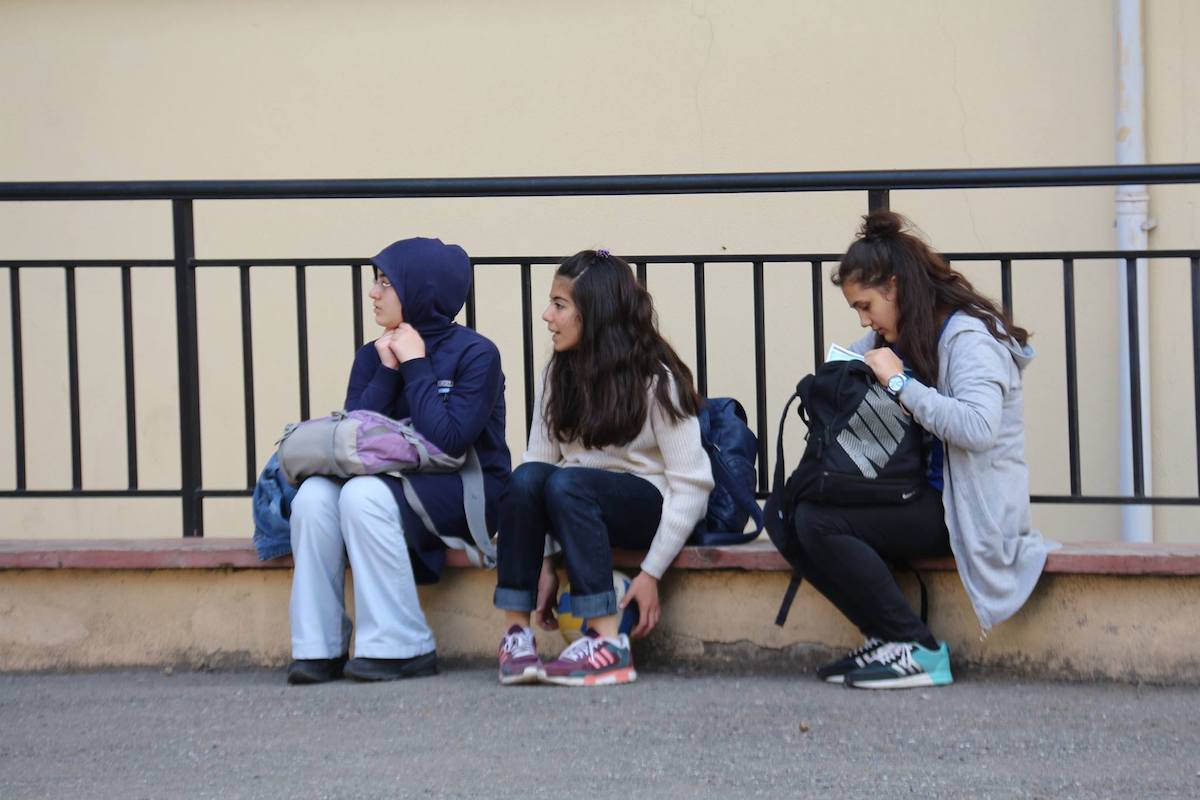
‘Crime’ and punishment
School administrators say that they had been warned in advance that the school would suffer the same fate of the Shakhin School and it would be better for them not to extend authorization.
A group of three experts from the Center for the Development of the Quality of Education began to review the school at the end of the school year on 23 July 2017. As a result of a three-day inspection, it was concluded that many violations had occurred.
‘Extra’ students were found at the school and after examining the registry, it was found that 476 students were registered there rather than 361. Additionally, the personal files of 20 students couldn’t be found. One unsuccessful process detected in the review was that the only ‘complimentary’ book in a foreign language was on Microsoft Windows 7.
According to Gia Murgulia, the deputy chairman of the Authorization Council, the investigation revealed gross violations of the law, and even possible ‘crimes’.
“For example, students were accepted from Turkey or Iraq who didn’t know the Georgian language. On the same day, they took 6-7 exams, including Georgian language and literature, prepared documents, and on the same day were expelled so as to be transferred to other schools. Tell me what to call this,” said Murgulia.
The school’s director acknowledged that in the case of 12 students ‘there was a mistake’ and the same date was written on the documents for the day that individual plans were drawn up and the day of taking the exams. She explained the presence of ‘extra’ students by the reception of 109 children from families forced to leave Turkey after the coup attempt. Nevertheless, Nino Kavtiashvili says that the students were enrolled as per law.
“We had violations, but not on such a scale to close a successful school,” the director said.
Shalva Tabatadze, head of the Center for Civil Integration and Interethnic Relations and an expert in education, was a member of the Authorization Council. However, he left after the decision to suspend authorization for the Shahin School.
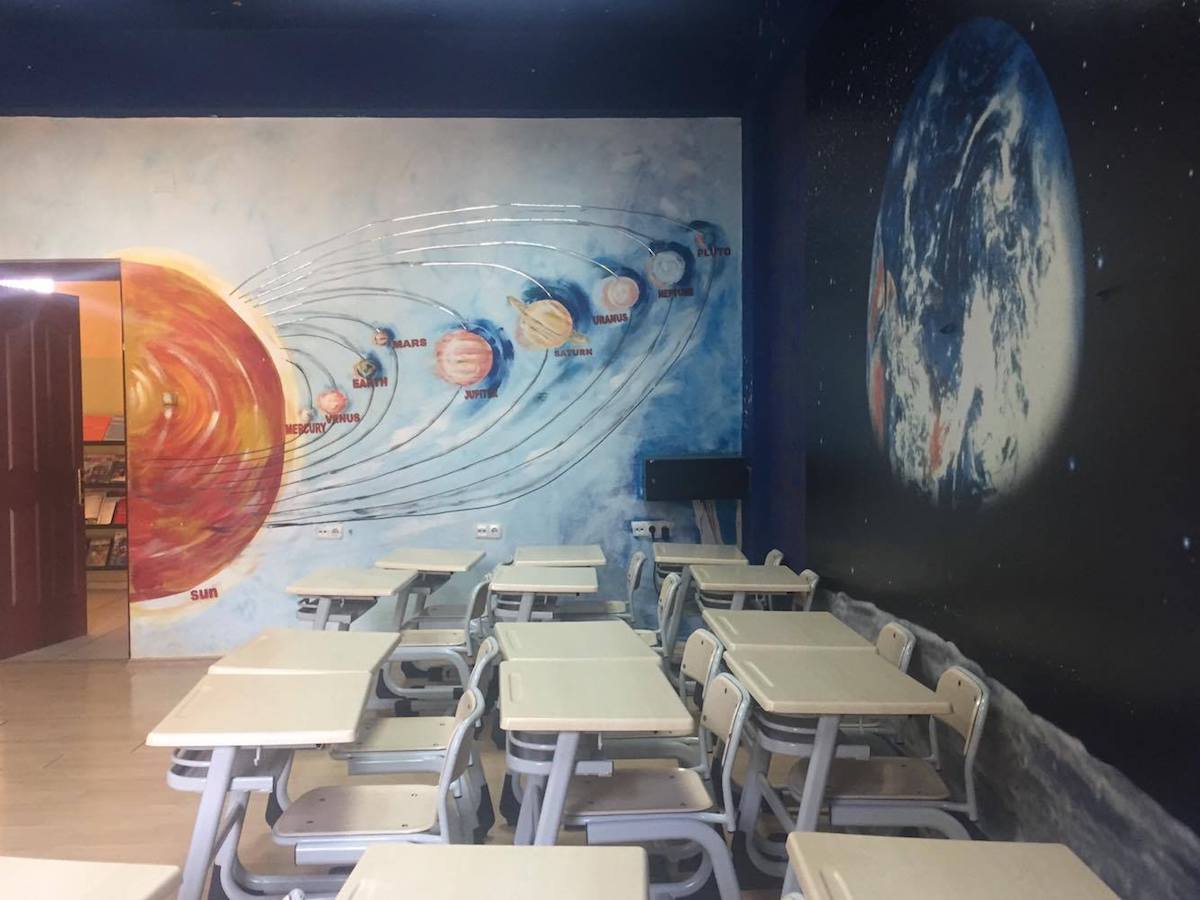
According to him, the main standards that the Council was supposed to evaluate at both schools – personnel, infrastructure, curricula, and the learning process were all provided at the highest level.
“The Council decided that the schools met the standards for education, but violated the law. Infringements were evaluated by people who weren’t lawyers, and approved by council members who didn’t have legal knowledge,” said Tabatadze.
He doesn’t see anything wrong with the fact that the school gave opportunities to children from Turkey who expected certificates to be recognized by the Ministry of Education to attend classes:
“The Council has considered the steps that the school has taken for the sake of the students, and for the sake of accessibility of education to be violations.”
The price of strategic partnership
Some Georgian experts consider the closure of Turkish schools in Georgia to be a fulfillment of orders from Turkish authorities, as does political scientist Gia Nodia:
“The closure of two successful schools cannot be a coincidence. It’s clear why Turkish authorities would demand this … It’s clear why Georgian authorities would fulfil this political order. Turkey is our strategic ally and naturally we want its authorities to treat Georgia well.”
Nevertheless, Nodia believes that this doesn’t justify the actions of Georgian authorities who should adhere to principles, since ‘Turkey would hardly spoil relations with Georgia because of two schools‘.
Since Russia imposed an embargo on Georgian goods in 2006, Turkey has become Georgia’s number one trade partner. Turkey accounts for 16.9% of all Georgian imports. Additionally, Turkey is the third largest investor in Georgia’s economy according to the data for the second quarter of 2017.
Political scientist Cornelia Kakachia believes that Turkey exerted pressure on Tbilisi that Georgian authorities could not resist.
“It is unacceptable to sign an association agreement with the European Union on one hand, while the other closes successful schools and considers the extradition of Chabuk. These actions are not compatible with each other, and greatly harm the democratic image of Georgia,” the political scientist said.
According to him, at the same time refusing Ankara could be regarded as backing supporters of the failed coup, and there are many arms of influence on Georgia from the neighboring country. In particular, complications are possible on issues such as the Baku-Tbilisi-Kars railway project, Turkey’s support of Georgia’s integration into NATO, and diplomatic support in the UN and OSCE.
In addition, Kakachia believes complications in relations with Turkey would pose problems for Georgian seasonal workers in Turkey, and could lead to a decrease in investments which would also affect the economy.
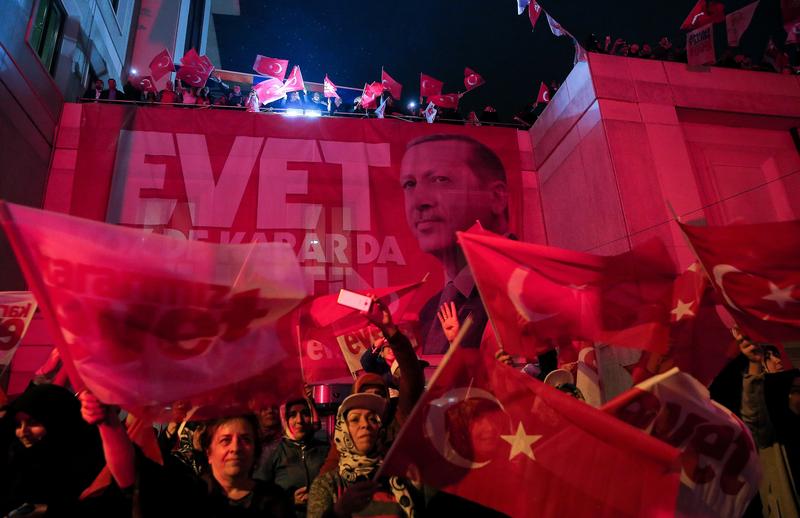
Kakachia believes that the Georgian authorities only partially satisfied their neighbor’s wishes, which means that pressure will continue. “Georgia is very vulnerable in its relations with its strategic partner and will not be able to cope with this pressure alone,” said the political scientist, advising the country’s authorities to involve international organizations and diplomatic missions in the matter so as not to damage the country’s reputation and not to spoil relations with their ally at the same time.
What will happen to the schools?
Possible solution is to reapply for authorization in a year’s time. Administrators do not yet know what decision the founders will make.
While two successful schools in which instruction was conducted according to the national standards have been closed due to violations of Georgian legislation, another school in Batumi opened with the support of the Turkish authorities and has been operating for a year.
Initially this school didn’t have a building permit or official accreditation. Instruction in the school is in Turkish, follows the Turkish structure, and reports directly to the Ministry of Education in Turkey. Georgian authorities have yet to see the problem in this.




















